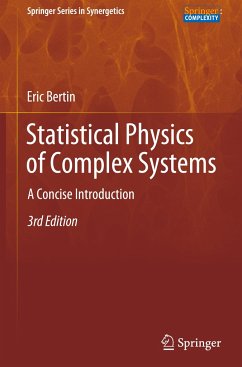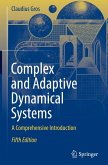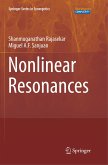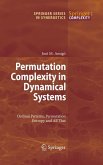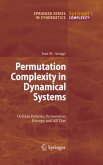This third edition of Statistical Physics of Complex Systems has been expanded to provide more examples of applications of concepts and methods from statistical physics to the modeling of complex systems. These include avalanche dynamics in materials, models of social agents like road traffic or wealth repartition, the real space aspects of biological evolution dynamics, propagation phenomena on complex networks, formal neural networks and their connection to constraint satisfaction problems.
This course-tested textbook provides graduate students and non-specialists with a basic understanding of the concepts and methods of statistical physics and demonstrates their wide range of applications to interdisciplinary topics in the field of complex system sciences, including selected aspects of theoretical modeling in biology and the social sciences. It covers topics such as non-conserved particles, evolutionary population dynamics, networks, properties of both individual and coupled simple dynamical systems, and convergence theorems, as well as short appendices that offer helpful hints on how to perform simple stochastic simulations in practice. The original spirit of the book is to remain accessible to a broad, non-specialized readership. The format is a set of concise, modular, and self-contained topical chapters, avoiding technicalities and jargon as much as possible, and complemented by a wealth of worked-out examples, so as to make this work useful as a self-study text or as textbook for short courses.
This course-tested textbook provides graduate students and non-specialists with a basic understanding of the concepts and methods of statistical physics and demonstrates their wide range of applications to interdisciplinary topics in the field of complex system sciences, including selected aspects of theoretical modeling in biology and the social sciences. It covers topics such as non-conserved particles, evolutionary population dynamics, networks, properties of both individual and coupled simple dynamical systems, and convergence theorems, as well as short appendices that offer helpful hints on how to perform simple stochastic simulations in practice. The original spirit of the book is to remain accessible to a broad, non-specialized readership. The format is a set of concise, modular, and self-contained topical chapters, avoiding technicalities and jargon as much as possible, and complemented by a wealth of worked-out examples, so as to make this work useful as a self-study text or as textbook for short courses.

